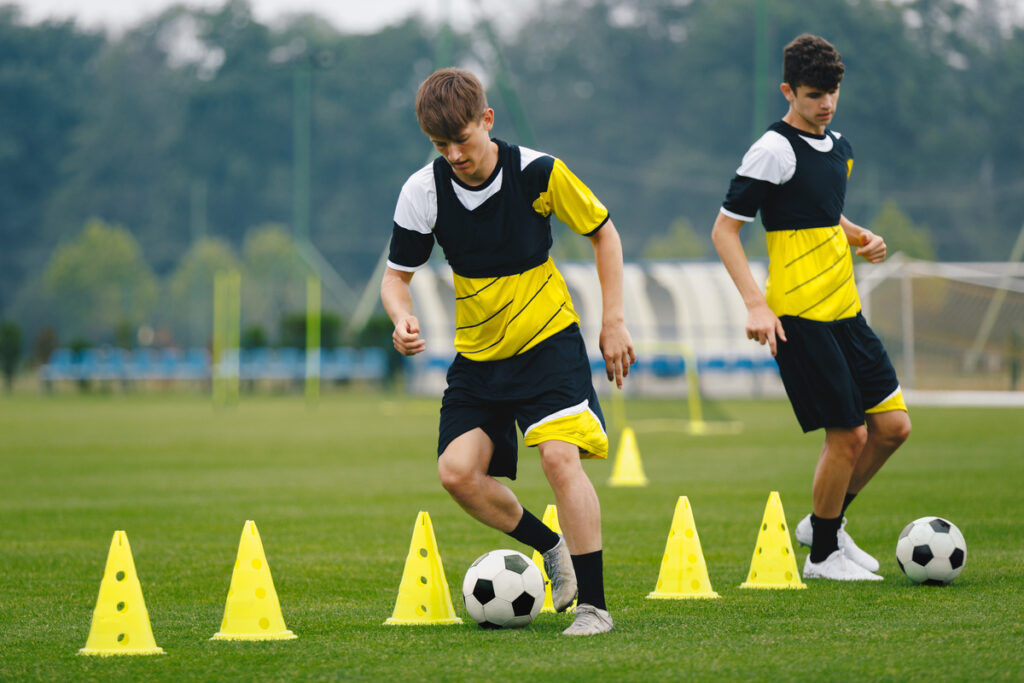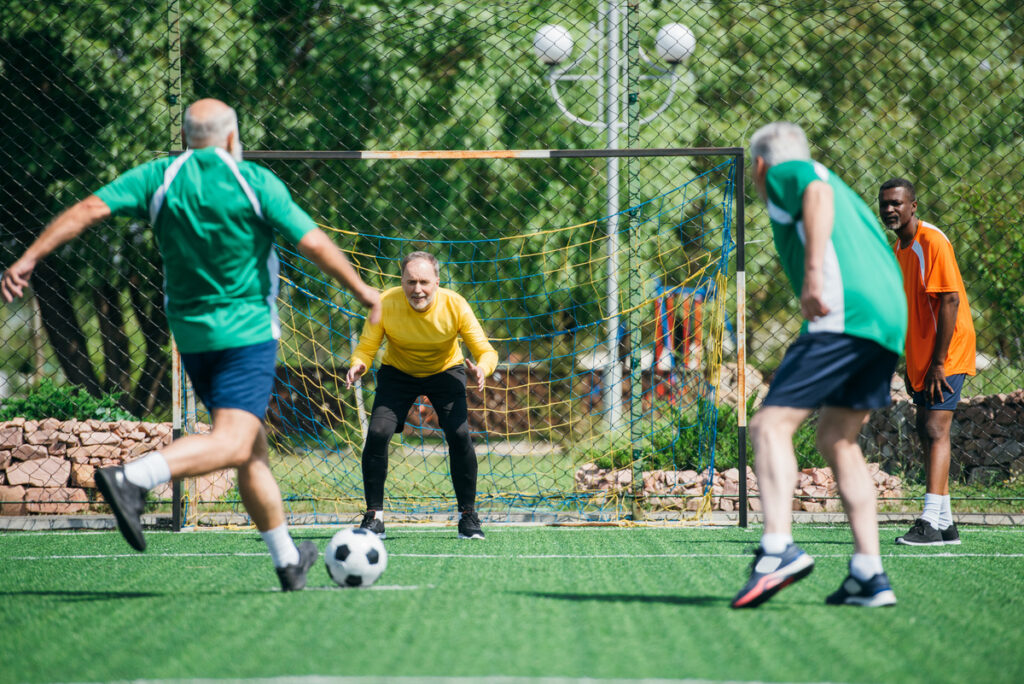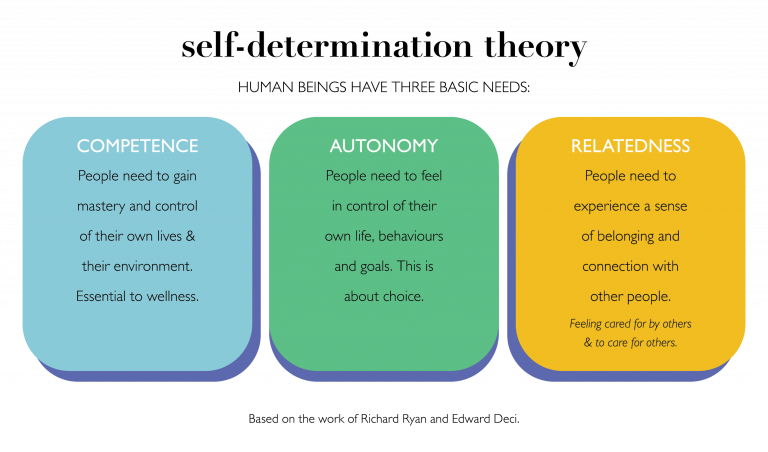Football is one of the most popular sports in the world, played by over 270 million people and followed by countless fans around the globe. Simple and universal, football transcends cultural and social barriers. In addition to being one of the sports that generates the most revenue on the planet, it offers countless benefits for physical and mental health, contributing significantly to the quality of life and well-being of its players.
In this article, we will explore the main benefits of playing football and understand why this popular sport is essential for a healthier and happier lifestyle.
Table of Contents
- Benefits of Playing Football: Boost Your Mind and Body
- Helps With Weight Loss
- Improves Muscle Strength and Muscle Tone
- Increases Oxygenation Of The Brain
- Has Positive Effects On Bone Strength
- Improves Cardiovascular Health
- Combats Cardiorespiratory Diseases
- Develops Concentration And Motor Coordination
- Improves Sleep Quality
- Has A Positive Impact On Mental Health
- Helps To Socialize
- Also Helps With Mental Toughness
- It’s For All Ages!
- It’s Fun!
- We Are All About Football
Helps With Weight Loss

Playing football burns more calories than typical workouts because players are forced to switch between aerobic and anaerobic energy pathways. Hence, it is an excellent alternative to get rid of those extra pounds once and for all, maintain a healthy weight, and boost your self-esteem. However, before playing it, especially for those who are sedentary, it is recommended to undergo a medical check-up, including a cardiology check-up, which will assess your level of physical fitness and whether you can really play this sport.
Oh, and it is worth remembering that there are no miracles, right? A healthy diet and good sleeping habits are also important for those who seek out the sport for this purpose.
Improves Muscle Strength and Muscle Tone

Playing football helps you develop the muscle strength of the entire body. Your lower body develops due to constant movement, such as running on the field, shooting, dribbling, passing, jumping, and tackling. Your upper body gains strength by covering the ball, throw-ins, and holding off the opponent. Football also builds muscle mass and burns fat by recruiting both slow-twitch and fast-twitch muscle fibers.
Increases Oxygenation Of The Brain

As it is a complete sport that uses the entire body in high-intensity and varied movements, football strengthens both muscle and gray matter. The sport stimulates neuronal and biochemical mechanisms, keeping the brain alert, which is reflected in concentration and favors the emotional state.
According to the neurologist at HCor (voted one of the best cardiology hospitals in the world in 2021), exercising helps you think more clearly, improves your memory, and provides a great learning experience. New studies suggest that the changes may be even more significant, altering the organ structure (the brain) by encouraging the birth and development of neurons.
However, the activity must be performed continuously, at a light to moderate intensity, to achieve this result.
Has Positive Effects On Bone Strength

In a study carried out in 2023 and published in the Journal of Clinical Densitometry, the effects of a 1-year recreational football protocol on bone health parameters were analyzed in a group of healthy and inactive 50-year-old men. The study showed that football is an effective method to improve bone health parameters in middle-aged men.
The amount of calcium in the bones of those who play football and sports is greater compared to those who do not practice physical activities, for example.
This means that football helps to prevent osteoporosis, a very common disease in the elderly that makes bones more fragile and prone to fracture. (In general, bone density decreases as people age.)
Improves Cardiovascular Health

Everyone knows that anyone who loves football carries their team and passion for the game in their heart. But did you know that playing the sport helps to get your heart beating literally? That’s right, playing the sport improves your heart health.
A study published in the British Journal of Sports Medicine demonstrated that playing football offers significant improvements to cardiovascular, metabolic, and musculoskeletal health. The research uncovered that football training improves physical fitness and contributes to reducing body fat, LDL cholesterol (considered harmful), and blood pressure in people with mild to moderate hypertension.
Peter Krustrup, one of the authors of the study and a professor at the University of Southern Denmark, emphasizes that the results demonstrate the intense, effective, and versatile nature of football, as the sport integrates high-intensity interval training (HIIT), resistance, and strength, providing a complete stimulus for the body.
Combats Cardiorespiratory Diseases

As mentioned above, playing football regularly protects the heart. As it is a vigorous aerobic exercise, this sport helps improve blood circulation in the arteries. It makes the cardiovascular and respiratory systems more resistant while keeping the heart rate stable.
According to physical educators at Hospital Albert Einstein, the best in the Southern Hemisphere and Latin America, playing football helps increase cardiorespiratory and aerobic capacity, thus preventing serious heart diseases such as atherosclerosis, pulmonary embolisms, heart and respiratory failure, heart attacks, strokes, among others.
Develops Concentration And Motor Coordination

Exercising by playing football is a fun way to not only get a better body and health but also gain more concentration, focus, and motor coordination. Football is a sport that works on all your physical abilities. It’s not just about kicking with your feet; it requires jumping high, accelerating, and maintaining balance.
The whole body is involved in different movements that develop various physical skills. For goalkeepers, defending goals requires a combination of elasticity, quick reflexes, and balance, allowing them to stretch as far as they can to reach the ball and make saves. The aerial game, where both goalkeepers and other players compete for the ball in the air, also challenges balance and coordination, as it requires precise jumps and body control.
For other players, running and accelerating during the game is vital for developing speed, one of the most essential football skills. The ability to accelerate and change direction quickly can make all the difference between winning or losing a ball contest.
In addition, playing a ball sport without using your hands does wonders for players’ dexterity. Controlling the ball with your feet, head, and even chest requires refined motor-body coordination and a keen spatial understanding. This constant practice improves the ability to handle the ball with precision and fluidity, increasing efficiency in dribbling, passing, and shooting. By combining all these elements, football becomes a complete sport that works the entire body and develops a variety of physical skills.
Improves Sleep Quality

If you suffer from insomnia or difficulty sleeping, here is a valuable tip: playing football provides better conditions for normalizing sleep. This is because the activity helps regulate metabolism and the functioning of the entire body, including sleep.
A 2020 study at Makerere University School of Medicine showed that aerobic exercise positively affects sleep, psychological well-being, and immune system parameters among individuals with chronic primary insomnia, where people who practiced aerobic physical activities (such as football) for six months had a significant increase in total sleep onset latency sleep efficiency, and sleep duration in the group.
Overall, when practiced frequently, football reduces the time needed for the individual to fall asleep and increases sleep efficiency—the percentage of time that you actually sleep. In other words, the sport provides better-quality sleep.
Has A Positive Impact On Mental Health

Playing football doesn’t just bring physical benefits; it’s also an excellent way to take care of your mental health. During physical exercise, such as a football match, the body releases several hormones and neurotransmitters, including serotonin, endorphins, and dopamine, which tend to produce feelings that make people happy, with a sense of well-being and contentment.
In addition, because it’s a team sport, football promotes social interaction, allowing you to connect with other people who share the same interests.
In psychology, there is the Theory of Basic Psychological Needs, which is part of the Self-Determination Theory. Created by Edward Deci and Richard Ryan in 1975, this theory simply explains that we all have three fundamental psychological needs: competence, relatedness, and autonomy. Let’s talk about this quickly.
Competence
Competence is the perception that you have the ability to do something, for example, play football.
Football requires technical, physical, and strategic skills. By practicing and improving these skills, you develop the perception that you are capable of doing something effectively. Every well-executed pass, every goal scored, or even a successful save reinforces the feeling of competence. This perception of ability not only increases self-confidence in the field but can also transfer to other areas of life, such as self-esteem and performance in school, career, family life, and friendships.
Relatedness
Relatedness comes from being among people we identify with, a group we identify with, and having something in common.
As with many team sports, in football, you are part of a team. Living with other players, supporting each other during training and matches, and feeling united in the pursuit of a common goal strengthens the sense of belonging. Being surrounded by people with similar interests and goals creates a social support network.
Autonomy
Autonomy is the feeling of control over our choices. Despite being a team sport, football also gives players autonomy by giving them the freedom to make decisions on the field, such as when to pass the ball, dribble, or shoot at a goal. This sense of control over one’s own actions and choices is the essence of autonomy. The possibility of making decisions that impact the game reinforces the feeling that one has the power to influence the results, both in sports and in life.
Helps To Socialize

Considering the social aspect and its direct connection to mental health benefits, football is one of the sports that most favors socialization and strengthening emotional bonds. Normally, team sports invoke camaraderie between people. It is a great option for people who suffer from social phobia or severe shyness and want an alternative to develop greater social skills.

Likewise, it helps to stimulate beneficial feelings that are strictly necessary for all human relationships, such as empathy, solidarity, respect, cooperation, team spirit, and initiative. Being on a team benefits the individual and everyone as a whole. Everyone needs to help each other! These skills will benefit those who practice this sport not only during the 90 minutes of the game but mainly in their relationships off the field.
Also Helps With Mental Toughness

Football is highly beneficial for developing mental toughness and decision-making skills. When faced with constant pressure situations, such as strong opponents or decisive moments, players learn to stay calm and confident, strengthening their mental resilience.
In addition, the game requires quick and accurate decisions, such as choosing the best pass or moment to shoot, improving mental agility and making the right choices in fractions of a second. From the field to real life, football contributes to a stronger and more decisive mind in everyday life.
It’s For All Ages!
The sport can bring benefits to all ages who practice it:
For the kids

For children, the game is very beneficial. Sports are very common at a young age to help children socialize with their teammates. Youth football teaches children responsibility, leadership, teamwork, and the impact of positive sportsmanship. It is also a great sport for learning discipline: understanding routes, repetitive exercises, and proper techniques requires a lot of self-discipline.
And, of course, all the benefits mentioned above also apply to children! Their health begins to be positively impacted from an early age, thus avoiding future problems and perhaps creating future professional players.
For The Elderly, Too!

The elderly are not left out, either! Sport can help them stay healthy, make them stronger, and prevent diseases (as we mentioned above).
And there’s more! A Danish study recently published in the American Journal of Progress in Cardiovascular Diseases suggests that physical activity can help control biological aging. According to the research, older football players may be biologically up to 11 years younger than their actual age. In this study, researchers analyzed the length of telomeres, which are indicators of the biological age of cells – shorter telomeres mean older cells. They found that football players aged 65 to 80 had longer telomeres compared to their peers who did not exercise.
It’s Fun!
In conclusion, your mind and entire body benefits from football playing football. Most importantly, playing football is fun. Regardless of skill level, football is something that anyone can enjoy anywhere. All it takes is a ball and a corner of the garden or even a lawn in a park to create memorable moments with people. Football is truly the “beautiful game,” it offers a rich experience that extends beyond the pitch, positively impacting people.
We Are All About Football

If you’ve made it this far, chances are you’re a huge football fan, right?
If you’re passionate about football, here’s the perfect game for you: Football Team!
This game is your gateway to show off your football knowledge while building your dream team or stadium. Challenge friends and players globally in an immersive football experience like no other!
FootballTeam is available on desktop and mobile devices, ensuring a seamless experience wherever you are. Sign up now and play for free!
